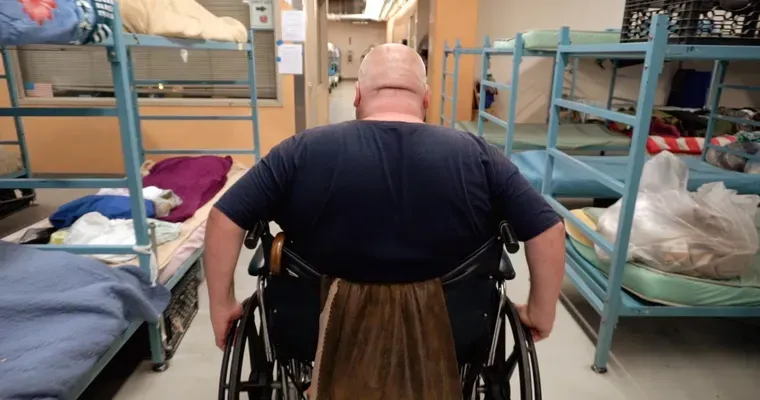As we age, the possibility of facing "dementia" becomes a significant concern for many individuals and their families. Preparing for the potential onset of this condition is not just about health; it also involves getting your "affairs in order". This preparation can relieve stress and ensure that your wishes are honored, even if you cannot communicate them in the future. In this article, we will explore essential steps to take when preparing for the possibility of dementia.
One of the first steps in preparing for dementia is to have open conversations with family members and loved ones. Discussing your wishes regarding "healthcare" and "financial decisions" can help ensure that everyone is on the same page. This dialogue is crucial for making informed choices that reflect your values and preferences.
Another vital component is creating a "living will" or "advance directive". These legal documents specify your preferences for medical treatment in case you become unable to make decisions for yourself. Having a living will in place provides clarity for your family and healthcare providers, alleviating potential conflicts and uncertainty.
Additionally, appointing a "power of attorney" is essential. This trusted individual will have the authority to make financial and medical decisions on your behalf if you become incapacitated. Choose someone who understands your values and will respect your wishes. It is important to communicate your expectations and limitations with them clearly.
Organizing your "financial documents" is also crucial. Gather essential papers such as bank statements, retirement accounts, insurance policies, and property deeds. Keeping these documents in a secure, easily accessible location will save your family time and stress in the future. Consider consulting with a financial advisor to ensure your affairs are in order and that your assets are protected.
In addition to legal and financial preparations, consider planning for your "care". Research different types of care options available, such as in-home care, assisted living, or memory care facilities. Understanding your choices allows you to make informed decisions about the level of support you may need as you age.
Another important aspect is to engage in "cognitive activities" that can help maintain mental acuity. Puzzles, reading, and engaging in social activities can help keep your mind sharp. Staying mentally active may contribute to delaying the onset of dementia or lessening its impact.
Lastly, consider discussing your plans with a "geriatric care manager" or a legal professional who specializes in elder law. They can provide guidance tailored to your situation, ensuring all aspects of your planning are addressed thoroughly.
In conclusion, preparing for the possibility of dementia involves taking proactive steps to get your "affairs in order". Open communication with loved ones, creating legal documents, organizing financial matters, planning for care, and engaging in cognitive activities are all crucial steps in this process. By taking these measures now, you can ensure that your wishes are respected and that your loved ones are supported during a challenging time.





